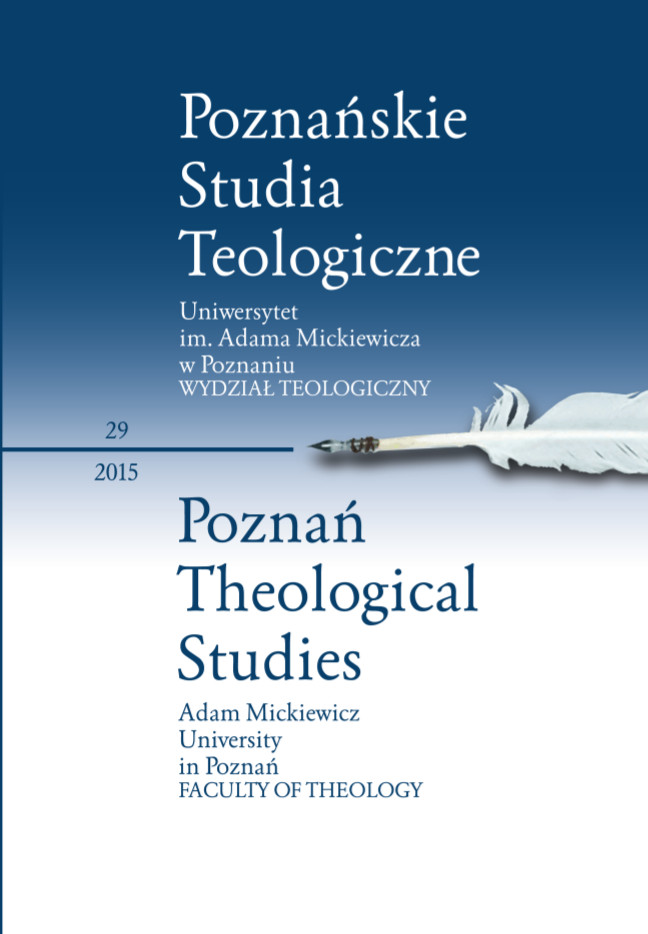Spór o nieomylność papieża - od Haec sancta do Pastor aeternus
The Controversy over Papal Infallibility - from Haec sancta to Pastor aeternus
Author(s): Bogdan FerdekSubject(s): Christian Theology and Religion, Theology and Religion
Published by: Uniwersytet Adama Mickiewicza
Keywords: Council of Constance; Conciliarism; Gallicanism; First Vatican Council; Papal Infallibility
Summary/Abstract: The decree Haec Sancta approved by the Council of Constance at its 5th Session (6th April 1415) helped the Council fathers to put an end to the scandalous schism which since 1378 had divided the Latin Church between rival lines of claimants to the papal office. The Council of Constance declared for the superiority of the Council over the Pope. In Gallicanism the theory of the superiority of a General Council lived on for hundreds of years. The great body of the bishops of the nineteenth century had little sympathy with Gallican principles, which disappeared entirely after the definition of Papal Infallibility at the First Vatican Council in 1870. There are several requirements for a dogmatic, papal infallible pronouncement: (1) The pronouncement must be made by the lawful successor to Peter. (2) The subject matter must be in the area of faith and morals. (3) The pope must be speaking ex cathedra, that is from the very seat and office of Peter. In this way he must be specifically intending to proclaim a doctrine, binding the entire Church to its assent. If one or more of these elements is missing, there is no infallible pronouncement.
Journal: Poznańskie Studia Teologiczne
- Issue Year: 29/2015
- Issue No: 1
- Page Range: 183-196
- Page Count: 14
- Language: Polish

